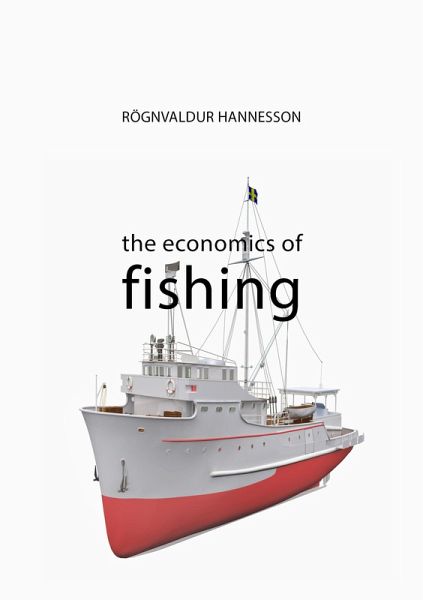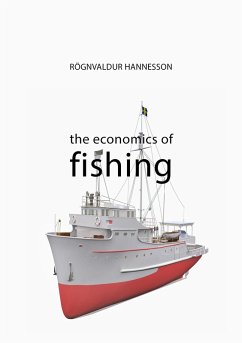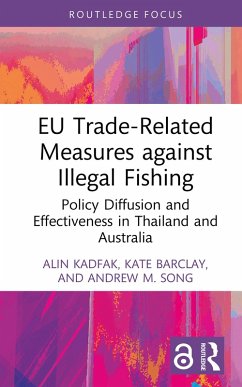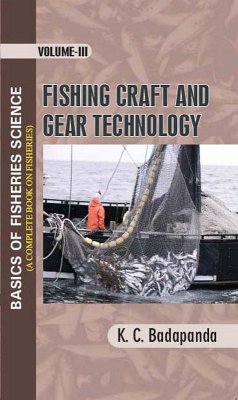
The Economics of Fishing (eBook, ePUB)
Versandkostenfrei!
Sofort per Download lieferbar
25,95 €
inkl. MwSt.
Weitere Ausgaben:

PAYBACK Punkte
13 °P sammeln!
The fishing industry's critical dependence on the natural environment makes it very different from other economic sectors. How it can optimally exploit a common resource while ensuring its sustainability raises many economic challenges. This book, suitable for undergraduate and postgraduate courses on fisheries economics and management, provides an introduction to the economics of the fishing industry and the role of fisheries in the world economy.The book's primary focus is on capture fisheries, although the discussion brings in wider aquaculture for comparative analysis. The key economic con...
The fishing industry's critical dependence on the natural environment makes it very different from other economic sectors. How it can optimally exploit a common resource while ensuring its sustainability raises many economic challenges. This book, suitable for undergraduate and postgraduate courses on fisheries economics and management, provides an introduction to the economics of the fishing industry and the role of fisheries in the world economy.
The book's primary focus is on capture fisheries, although the discussion brings in wider aquaculture for comparative analysis. The key economic concepts that drive the industry, most notably sustainable yield, are explained in detail, before examining how the industry puts them into practice in a complex regulatory environment. The variability of fish stocks is considered and case studies of some spectacular stock crashes are discussed. The law of the sea is explained and how the movement of fish stocks across ocean boundaries has created regulatory bodies to manage international fisheries. At the heart of this management lies the quota system and the book outlines how it works and how, controversially, such quotas have become transferable.
The book offers readers a comprehensive and rigorous guide to the economic considerations motivating the industry and highlights the environmental challenges facing the sector as global consumption of fish continues to rise.
The book's primary focus is on capture fisheries, although the discussion brings in wider aquaculture for comparative analysis. The key economic concepts that drive the industry, most notably sustainable yield, are explained in detail, before examining how the industry puts them into practice in a complex regulatory environment. The variability of fish stocks is considered and case studies of some spectacular stock crashes are discussed. The law of the sea is explained and how the movement of fish stocks across ocean boundaries has created regulatory bodies to manage international fisheries. At the heart of this management lies the quota system and the book outlines how it works and how, controversially, such quotas have become transferable.
The book offers readers a comprehensive and rigorous guide to the economic considerations motivating the industry and highlights the environmental challenges facing the sector as global consumption of fish continues to rise.
Dieser Download kann aus rechtlichen Gründen nur mit Rechnungsadresse in A, D ausgeliefert werden.













